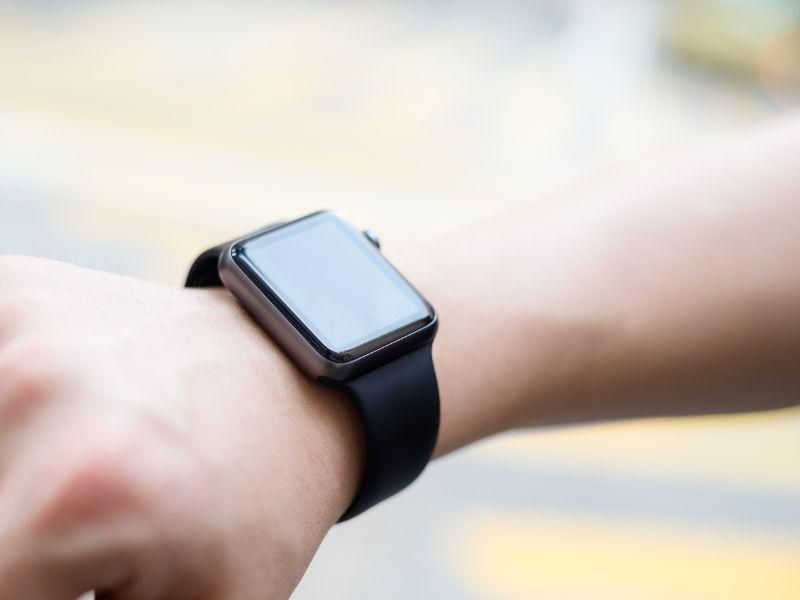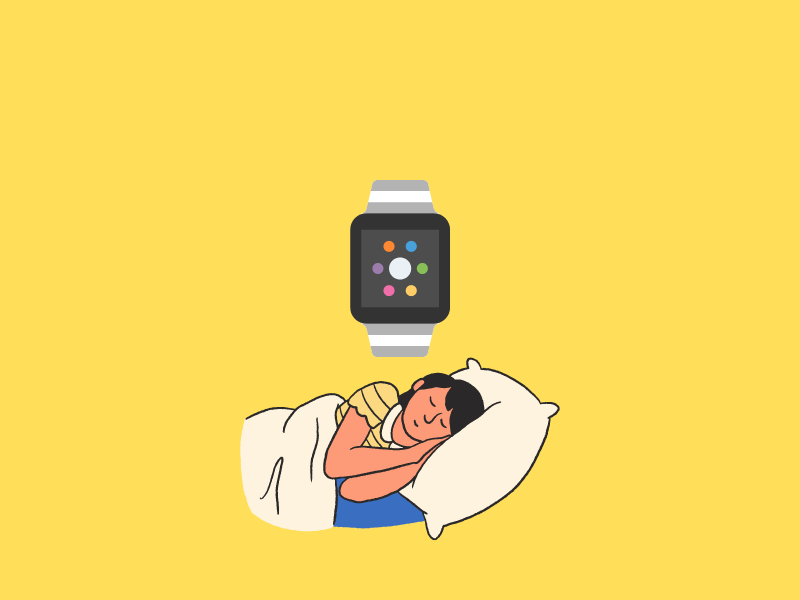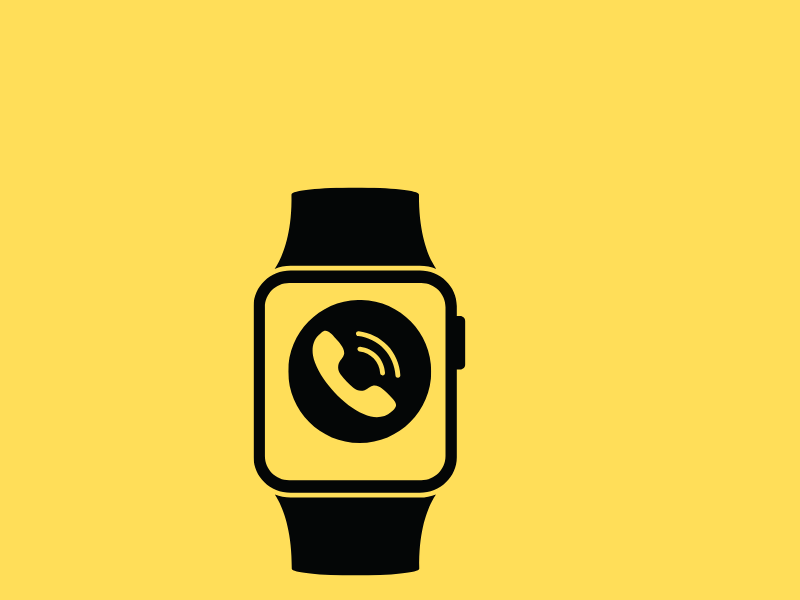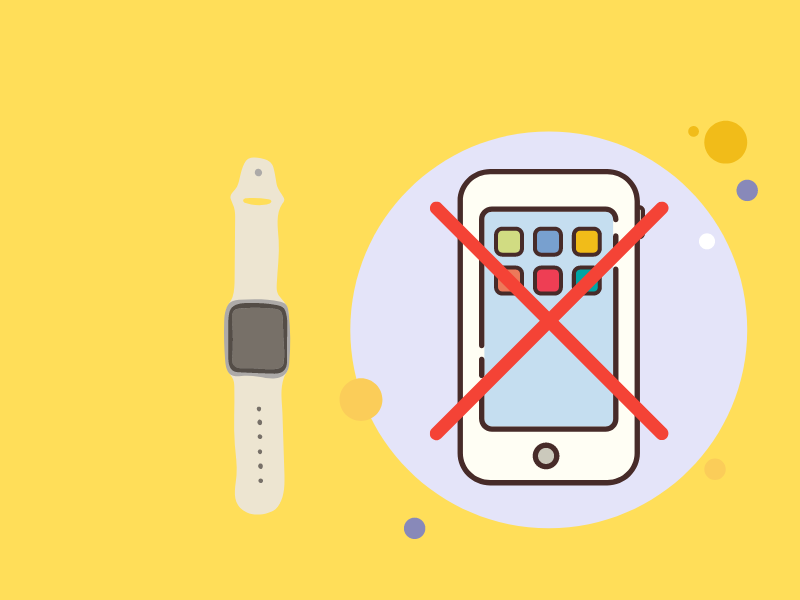Is it possible to jam Bluetooth?
These days, most electronic devices lying around have Bluetooth technology. It has become a part of our daily lives. At some point, having all of these devices may seem like too much, and you may need to stop Bluetooth from messing up other electronic devices.
So, the question is, “Is Bluetooth jamming possible?” In this blog post, we will answer this question and give you other useful information about this topic.
Is Bluetooth jamming possible?
Yes, Bluetooth jamming is possible. Bluetooth technology involves the use of radio waves to transmit data between devices. When these waves are disrupted, it can prevent the Bluetooth signal from working properly.
There are a few ways to disrupt Bluetooth signals. One way is to use a device that emits radio waves at the same frequency as Bluetooth. This will cause interference, making it hard for Bluetooth signals to be sent and received correctly.
Another way to disrupt Bluetooth signals is to use a device that emits microwaves. Microwaves are a type of electromagnetic radiation that can cause interference with electronic equipment. So, some Bluetooth frequencies overlap with microwave frequencies, thus making it possible to disrupt Bluetooth with microwave emitters.
Although, jamming devices that emit such radio waves or microwaves are illegal in many countries.
How does Bluetooth jamming work?
Bluetooth uses spread spectrum technology which means it hops from one frequency to another. A Bluetooth jammer just needs to find the right frequencies that Bluetooth is using and broadcast on those same frequencies with a higher power.
The Bluetooth jammer will create interference on the frequencies that Bluetooth is using, making it difficult for Bluetooth signals to be received and transmitted properly.
Jamming devices can be handheld or can be installed in a vehicle.
Handheld Bluetooth jammers are small and portable. They can be carried in a pocket or purse and can be used to disrupt Bluetooth signals in a specific area.
Vehicle-mounted Bluetooth jammers are larger and more powerful. They can be used to jam Bluetooth signals over a wider area, such as an entire parking lot.
Also, some apps can be downloaded onto phones that will disable Bluetooth signals. This is useful if you want to prevent your phone from being able to connect to a Bluetooth device.
What causes Bluetooth interference?
There are a few things that can cause Bluetooth interference. They are listed below:
- Electromagnetic interference: This can be caused by devices that emit electromagnetic radiation at the same frequency as Bluetooth, such as microwaves or cell phones.
- Physical obstructions: If there are physical obstructions between the Bluetooth device and the receiver e.g Thick walls it can cause interference.
- Radiofrequency interference: This can be caused by devices that use the same frequencies as Bluetooth, such as WiFi routers, baby monitors, and even jammers.
- Distance: If the Bluetooth device is too far away from the receiver, it can also cause interference as it becomes difficult for Bluetooth signals to be received and transmitted properly.
What material can block Bluetooth signals?
There are a few materials that can block Bluetooth signals. They are listed below:
- Metals: Metals can reflect and absorb electromagnetic waves, which makes them good at blocking Bluetooth signals.
- Water: Water is also good at absorbing and reflecting electromagnetic waves.
- Thick concrete: Concrete is a material that is made up of granite, water, and other materials. This makes it good at blocking Bluetooth signals.
- Glass: Glass can also reflect and absorb electromagnetic waves.
So, these are some of the materials that can block Bluetooth signals.
What Is a Bluetooth Jammer?
A Bluetooth jammer is a device that emits radio waves or microwaves in the same frequency with similar spread spectrum technology as Bluetooth at higher power. This will create interference and make it difficult for Bluetooth signals to be received and transmitted properly.
Most jammers are portable and can be powered by batteries, so they can easily be carried around in a pocket or installed in a vehicle. Some of the more powerful ones must be plugged into an AC outlet. Jammers can interfere with many types of wireless communication, including WiFi, GPS, and cellular phone signals.
Bluetooth jammers are illegal in many countries because they can block data and voice communications. They can also interfere with other important public safety systems like traffic lights and hospital equipment. If you’re caught using a Bluetooth jammer, you could face hefty fines or even jail time.
Are Bluetooth Jammers Illegal?
Yes, Bluetooth jammers are illegal in many countries because they can cause serious interference with communications systems. Jammers are also illegal in the United States and Canada. If you use a Bluetooth jammer, you could be fined or even jailed.
According to the FCC:
“Federal law prohibits the operation, marketing, or sale of any type of jamming equipment that interferes with authorized radio communications, including cellular and Personal Communication Services (PCS), police radar, and Global Positioning Systems (GPS).”
Bluetooth equipment falls under Personal Communication Equipment. So, this law is applicable to Bluetooth jammers. You can read more about it here.
Do magnets interfere with Bluetooth?
No, magnets do not interfere with Bluetooth. Bluetooth technology uses Electromagnetic (EM) waves, and when EM waves are passed through a magnetic field, they don’t show any significant variance from the original waves.
Also, we tried placing a magnet in the pathway of 2 phones sharing data via Bluetooth. The receiving phone received the data without any interference or distortion.
So, it can be concluded that magnets do not affect Bluetooth technology.
But, if you’re still worried about it, then you can keep your devices away from magnets.
Can Bluetooth pass through walls?
Yes, Bluetooth signals can pass through walls, but the range will be limited and walls can attenuate the signals significantly. For example, if you have a Bluetooth speaker in your living room and you’re trying to connect to it from your bedroom, it might not work because the signal can’t reach that far and when it can, it may have been severely attenuated.
If you’re having trouble connecting to a Bluetooth device that’s on the other side of a wall, try moving closer or bringing the device into the same room. You might also need to pair it again once you’re in range.
Does Bluetooth Use Wi-Fi or Data?
No, Bluetooth doesn’t use Wi-Fi or data. Bluetooth is a technology that allows two devices to communicate with each other wirelessly. It’s similar to how Wi-Fi works, but it’s designed for a shorter range and lower power consumption.
Bluetooth doesn’t require an Internet connection, it uses short-range radio waves for communication between compatible devices. That’s why you can use it to connect your headphones to your phone even if there’s no Wi-Fi or data signal.
You can also use Bluetooth to share files between devices, like photos and music. But, Bluetooth transfers are generally slower than Wi-Fi transfers.
So, if you’re wondering whether you need a Wi-Fi connection or data plan to use Bluetooth, the answer is no. Bluetooth will work just fine without it.
Frequently Asked Questions about Bluetooth jamming
Q. Will Bluetooth jammers work on all devices?
A. No, Bluetooth jammers will not work on all devices. They will only work on Bluetooth-enabled devices.
Q. Will Bluetooth jammers work on Wi-Fi?
A. No, Bluetooth jammers will not work on Wi-Fi devices. Bluetooth and Wi-Fi are two different technologies that use different frequencies to communicate.
Q. How far will Bluetooth jammers work?
A. The range of Bluetooth jammers can vary depending on the model and make. Some Bluetooth jammers have a range of up to 30 feet, while others can go up to 100 feet.
Q. Do Bluetooth jammers work on all types of Bluetooth signals?
A. No, Bluetooth jammers will not work on all types of Bluetooth signals. They will only work on certain frequencies that are used by Bluetooth devices for communication.
Q. Are there any legal implications of using Bluetooth jammers?
A. Yes, there are legal implications for using Bluetooth jammers in many countries because they can cause serious interference with communications systems.
Q. Will Bluetooth jammers work on cell phones?
A. No, Bluetooth jammers will not work on cell phones for normal operation. Cell phones use a different frequency to communicate that is not affected by Bluetooth jammers. Although, the jammers will be able to prevent the Bluetooth of the phone from working properly.
Q. Will Bluetooth jammers work on GPS devices?
A. No, Bluetooth jammers will not work on GPS devices because they use a different frequency to communicate that is not affected by Bluetooth jammers.
Q. Are there any health risks associated with using Bluetooth jammers?
A. No known health risks are associated with using Bluetooth jammers. However, it is always advisable to consult a doctor if you have any health concerns about using these devices.
Wrap up
In conclusion, Bluetooth jamming is possible and Bluetooth jammers can be a great tool to prevent Bluetooth-enabled devices from connecting to each other. However, there are some legal implications for using Bluetooth jammers in many countries because they can cause serious interference with communications systems.
If you’re considering using a Bluetooth jammer, be sure to check the laws in your country before doing so. And as always, consult a doctor if you have any health concerns about using these devices. Thanks for reading.
Did we miss anything? Let us know in the comments below. Be sure to check out our other blog posts for more tech answers and tips.
For more featured articles like this, click on our home page.




